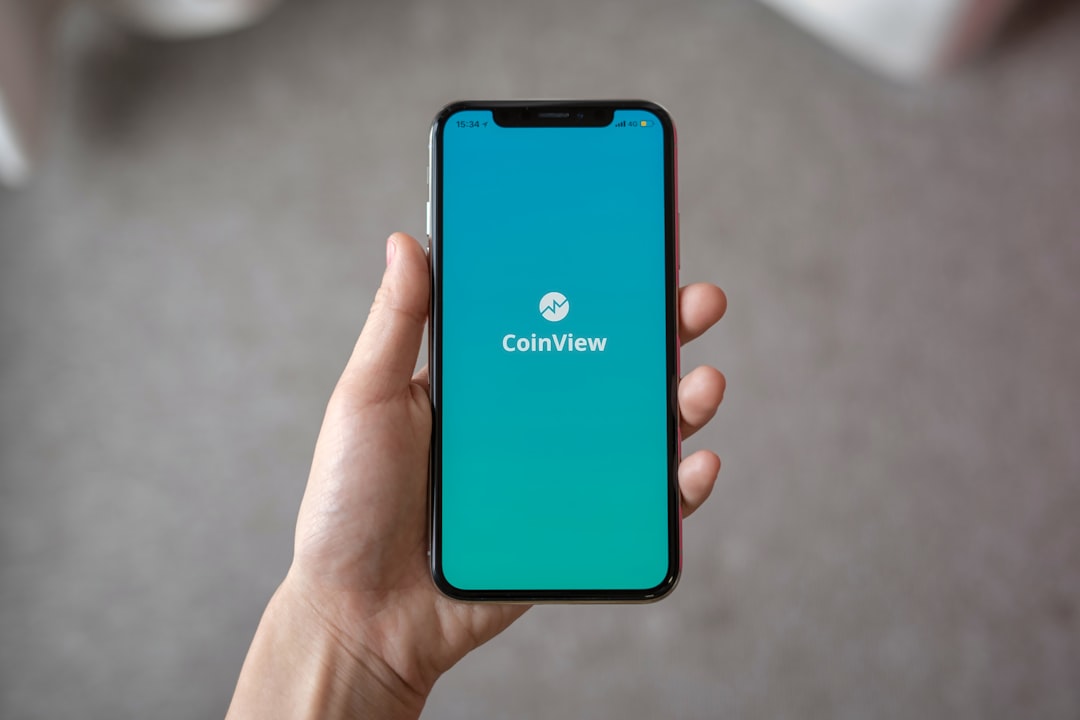In the digital age, privacy is paramount, leading to the "Right to Be Forgotten" and stringent consumer protection laws in Tennessee. Do Not Call lists play a crucial role in Murfreesboro, allowing residents to block unwanted telemarketing calls and protect their personal data. A qualified Do Not Call Lawyer Tennessee can assist citizens in navigating these laws, ensuring their privacy rights are respected while providing guidance on opting out of sales lists.
In today’s digital age, the right to privacy is more complex than ever. One intriguing aspect is the “right to be forgotten,” a concept gaining traction globally. This article delves into its relevance in Tennessee, specifically Murfreesboro, focusing on do-not-call lists. As a leading Do Not Call Lawyer in Tennessee, we explore how individuals can protect their privacy and navigate the legal framework surrounding this right. Understanding these mechanisms is crucial for those seeking to shield their personal information from relentless marketing calls.
Understanding the Right to Be Forgotten and Its Legal Framework in Tennessee

In today’s digital age, individuals are increasingly concerned about their privacy and the control they have over their personal information. This has led to the emergence of the “Right to Be Forgotten,” a concept that allows people to request the removal or deletion of their data from various online platforms and databases. Tennessee, like many other states, has recognized this right and implemented legal frameworks to protect it.
The Right to Be Forgotten is rooted in data protection laws and privacy regulations, ensuring citizens can manage how their information is used and shared. In Tennessee, this right is largely governed by the state’s consumer protection laws and specific provisions related to telephone solicitation and Do Not Call lists. A Do Not Call lawyer Tennessee can offer valuable guidance on navigating these legalities. Individuals who wish to have their contact details removed from sales or marketing calls lists can exercise this right, ensuring they are no longer subjected to unwanted telemarketing. This process is designed to empower residents to take charge of their privacy and prevent the misuse of their personal data.
Do Not Call Lists: A Privileged Tool for Protecting Personal Privacy

In today’s digital age, where personal information is readily available and often exploited, Do Not Call lists have emerged as a privileged tool for protecting individual privacy. A Do Not Call Lawyer Tennessee can help residents in Murfreesboro understand their rights and navigate this complex landscape. These lists allow citizens to opt-out of unwanted telemarketing calls, ensuring they are not bombarded with sales pitches or scam attempts. By registering on these lists, individuals assert their right to control who contacts them, thereby safeguarding their personal space and peace of mind.
The effectiveness of Do Not Call lists lies in their ability to empower people to take charge of their privacy. It’s a simple yet powerful mechanism that gives individuals the autonomy to decide when and how they want to be reached by external parties. This right is especially crucial in preventing harassment and ensuring a quieter, more secure communication environment, making it an essential aspect for any concerned citizen to explore, with the guidance of a qualified Do Not Call Lawyer Tennessee.
Navigating the Intersection: Examining the Applicability of 'Right to Be Forgotten' to Do Not Call Lists in Murfreesboro, TN

In today’s digital age, privacy concerns are at an all-time high, and individuals across the globe are advocating for greater control over their personal data. One such concept gaining traction is the “Right to Be Forgotten,” which allows people to request the removal or amendment of information about them that is stored by organizations. This right has sparked debates regarding its applicability in various contexts, including Do Not Call lists. In Murfreesboro, Tennessee, residents might wonder if they possess the same rights when it comes to their phone numbers being listed on these restrictive databases.
The intersection of the Right to Be Forgotten and Do Not Call laws presents an intriguing legal puzzle. While the former emphasizes the individual’s right to control their digital footprint, the latter is designed to protect consumers from unwanted telemarketing calls. As a Do Not Call lawyer in Tennessee, it becomes imperative to explore whether this right extends to such lists. By examining case law and data protection regulations, one can argue that individuals should indeed have the ability to request removal from these databases, ensuring their privacy and control over how their contact information is utilized.






